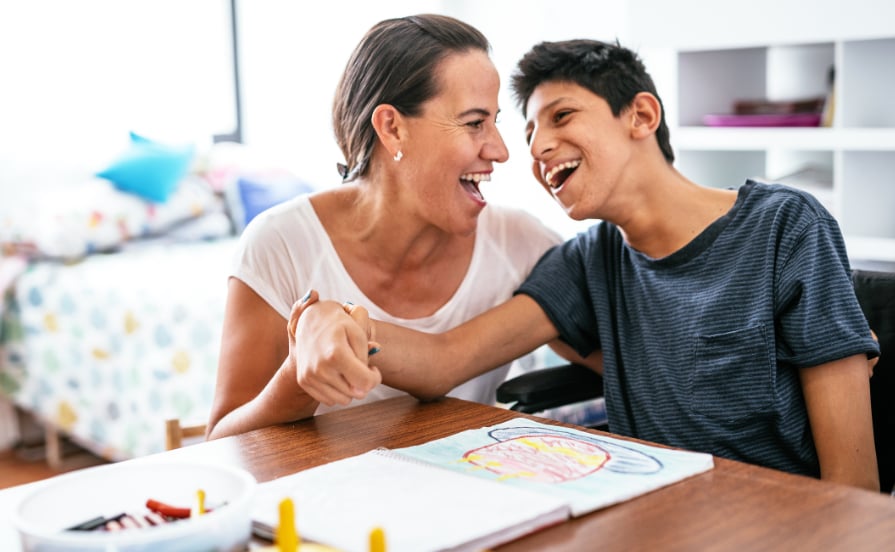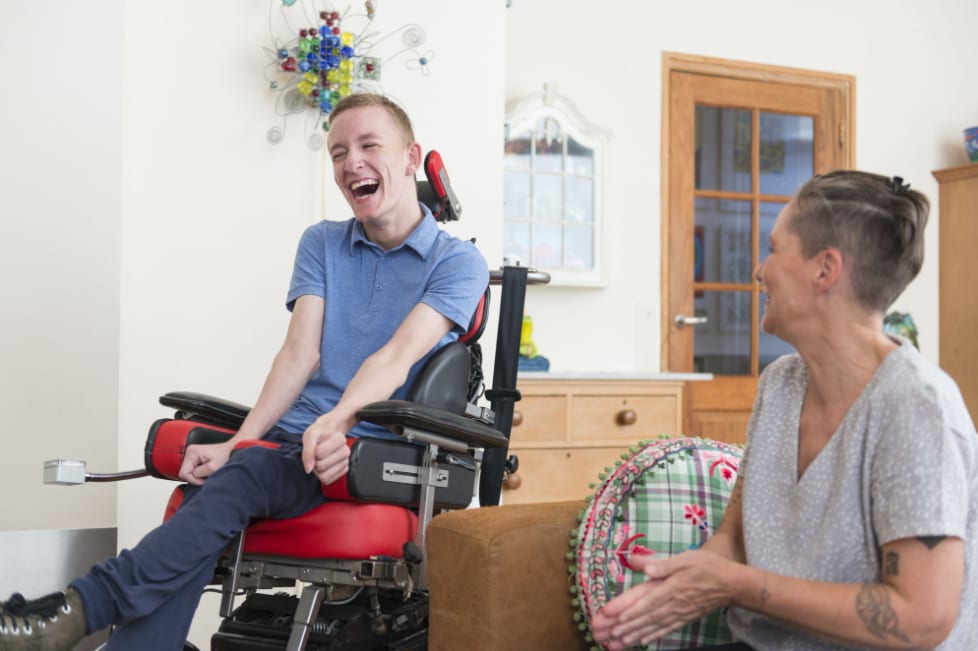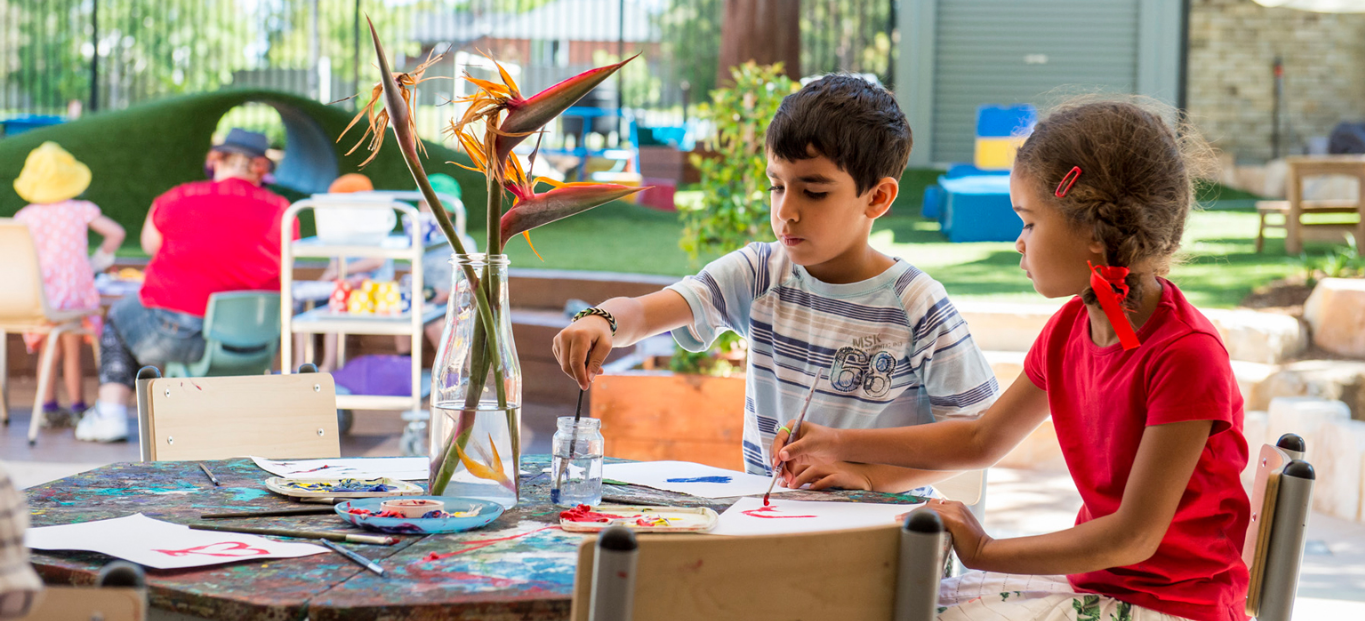No matter what type of disability a child has, out of home disability support is an important consideration. It can be difficult to find the right foster care providers for special-needs or handicapped youth.
There are many misconceptions surrounding foster care and some people believe that disabled kids cannot be placed in foster care. The truth is, there are many carers who are willing and able to take a child with a disability. And with programs like NDIS, this system becomes easier to navigate.
Contacting Care Programs
This step can be a challenge, especially if you’re not sure what kind of assistance you need. The first step is to find out which programs are available in your area. Getting in contact with support services in Ballina will prove helpful.
If you think you need urgent assistance or even just consultation, it’s important to seek out help. You can also contact your local government or child welfare agency. They will have information about the services available in your area and may be able to help you find a carer.
Check Their List of Services
You will want to see if they offer any services that you need. Even for out-of-home care, it’s worth checking for in-house services if necessary. And that’s just one aspect of it.

For disabled youth, care programs must tick a lot of boxes. They should have qualified staff and be able to provide medical care and support for the family. Plus, they need to have facilities that meet your child’s needs. This can include help with personal care and hygiene, as well as nutrition and diet plans.
Care for Growing Children
Taking care of a child with disabilities is challenging. It may be even more difficult when the child is growing up. Care facilities that offer independent living and community inclusion programs are worth looking out for.
They help ensure that older children can transition to capable teenagers and young adults in the future. You can expect care providers to help your child learn to take care of themselves. This may include assisting with basic things like cooking, cleaning, laundry and other chores. They can also offer vocational training so they can have a career when they reach adulthood.
In Closing
When a child qualifies for out of home disability support, it is important that they get the best care. With this guide and access to NDIS care, that becomes achievable.



